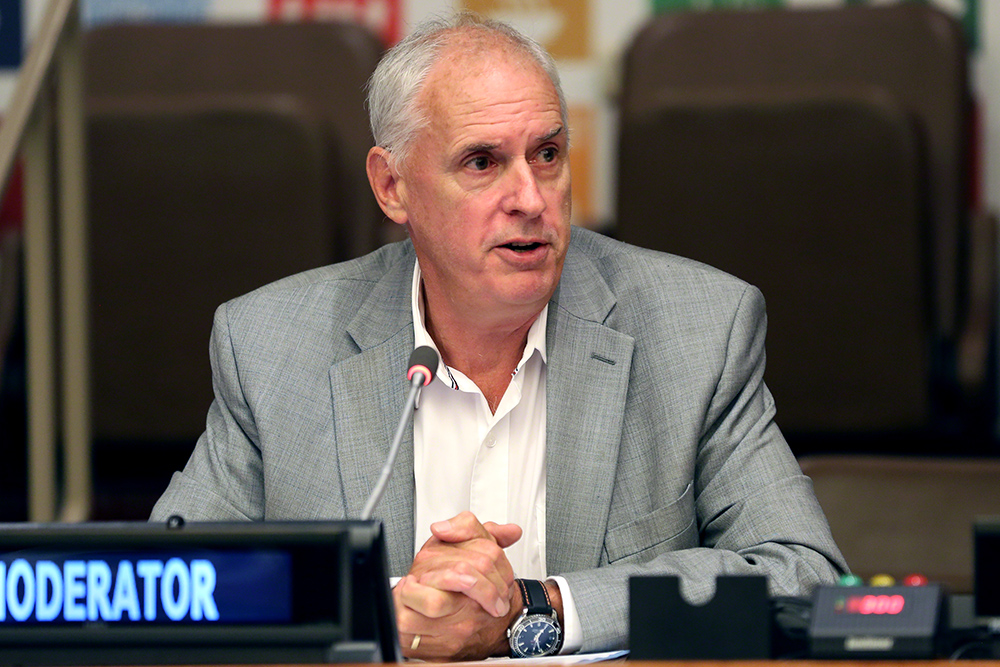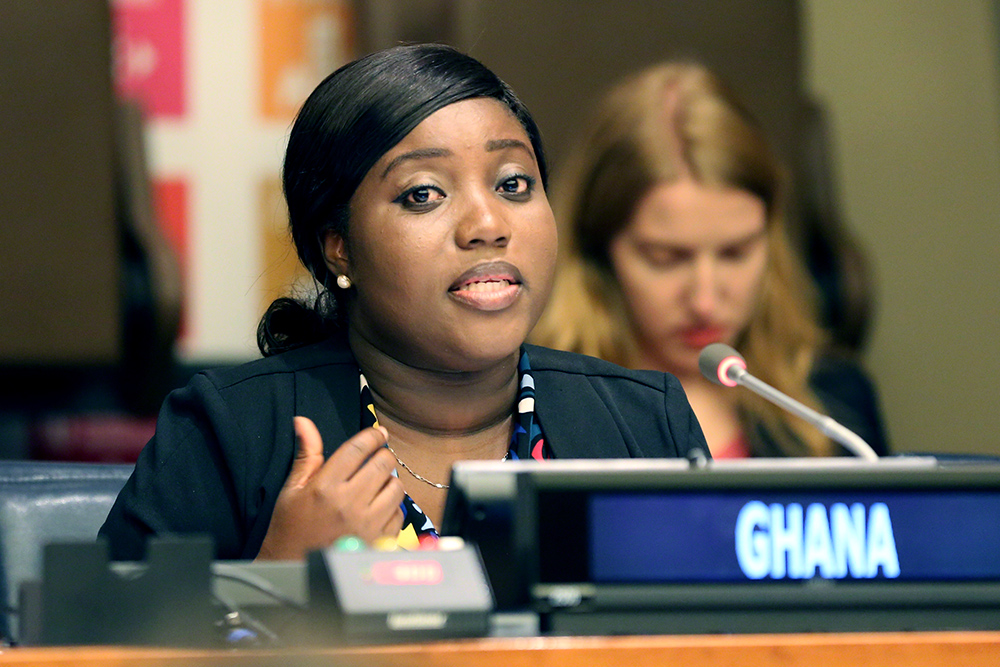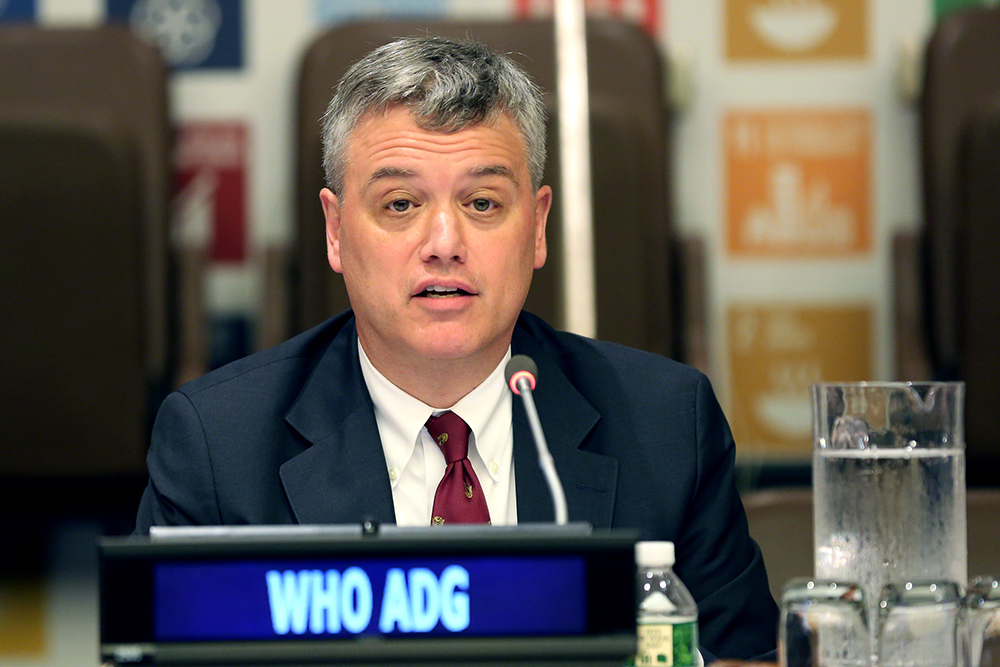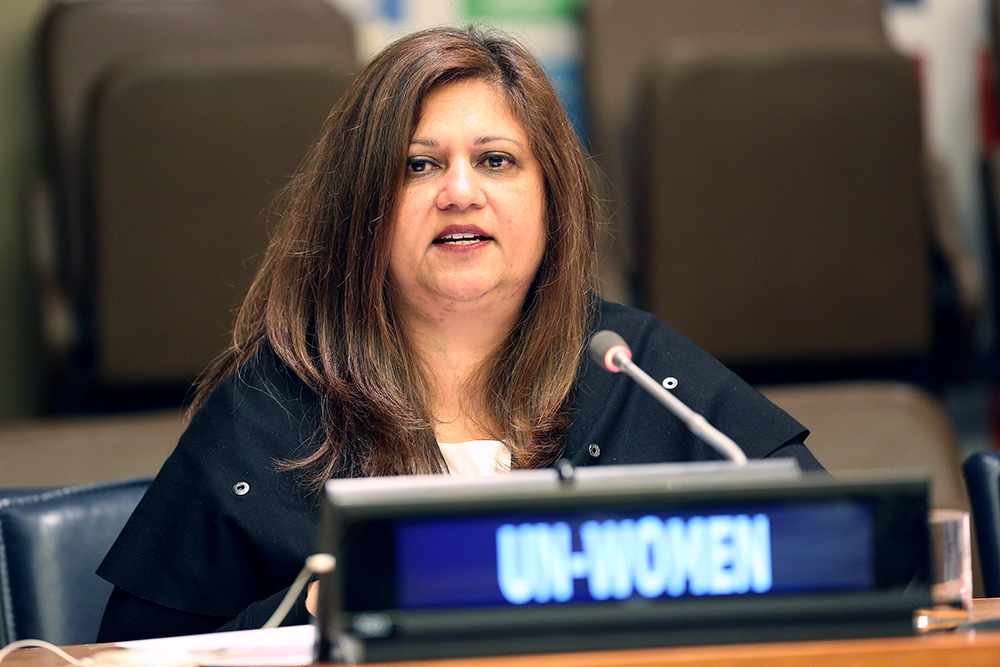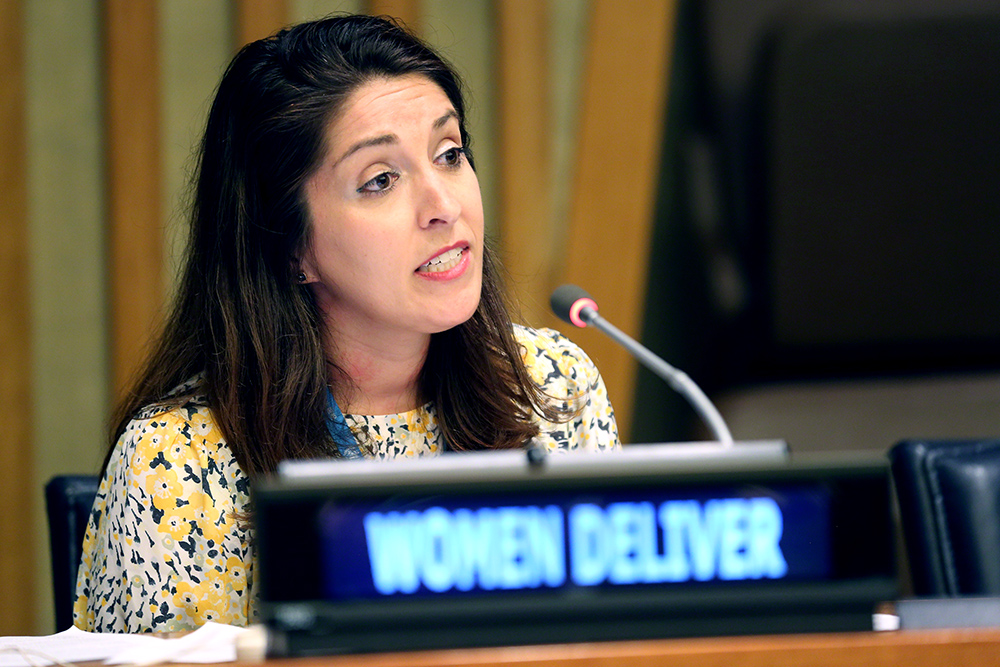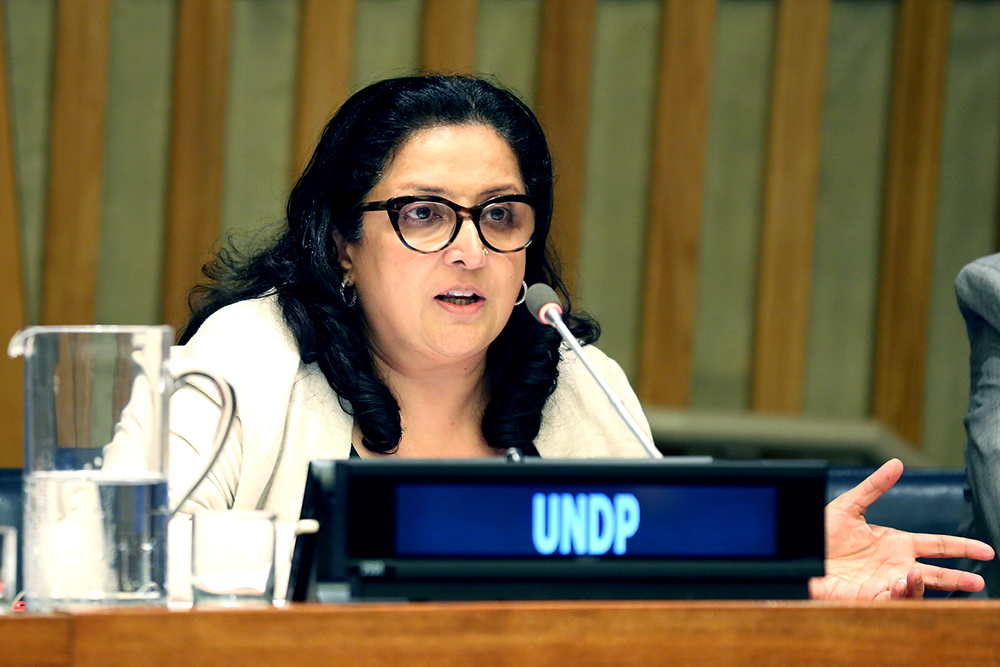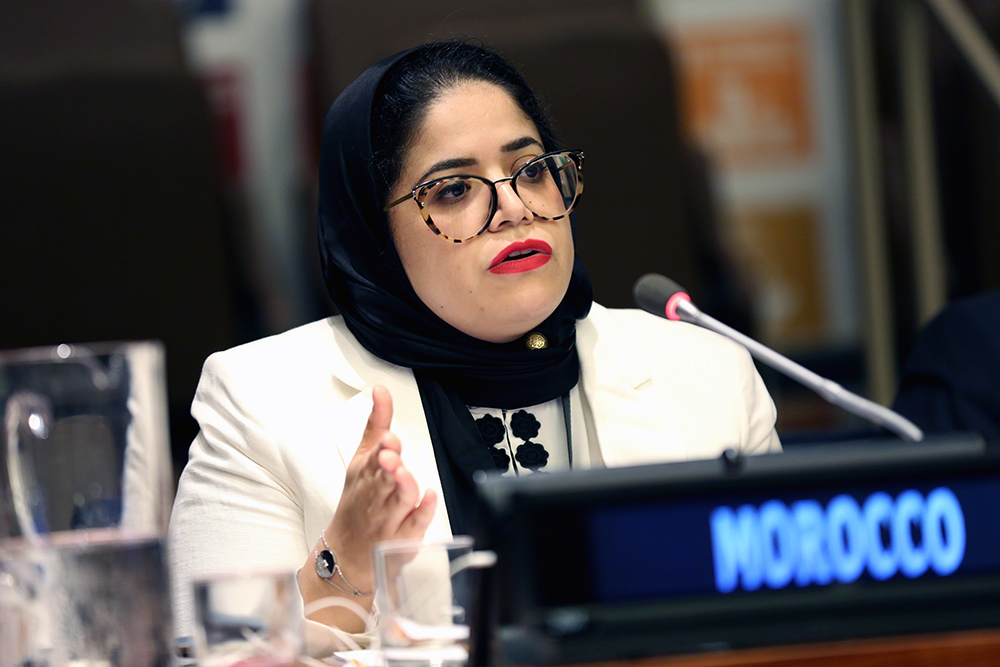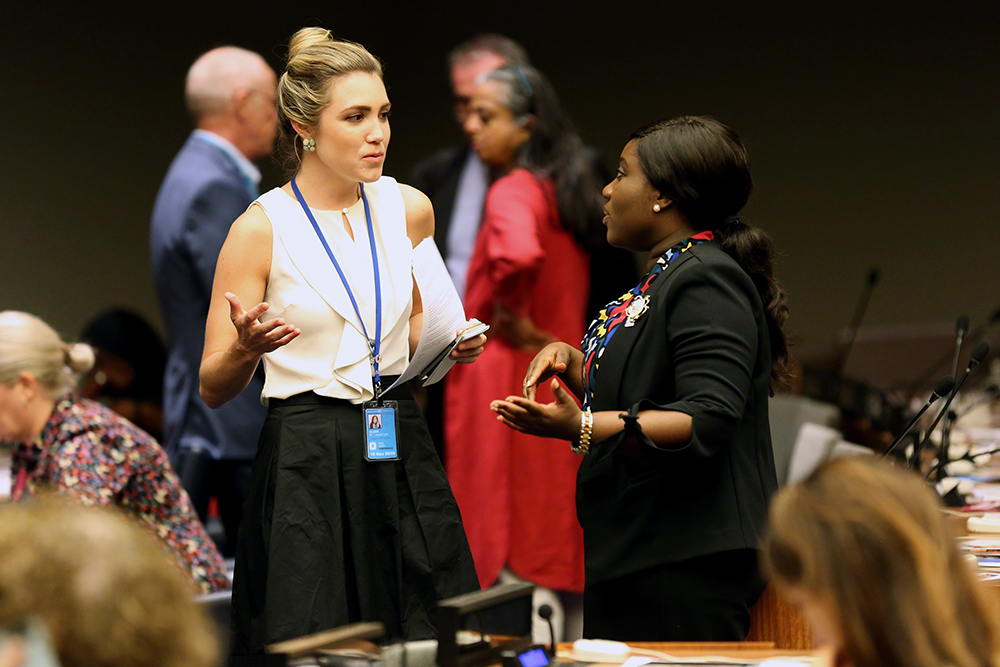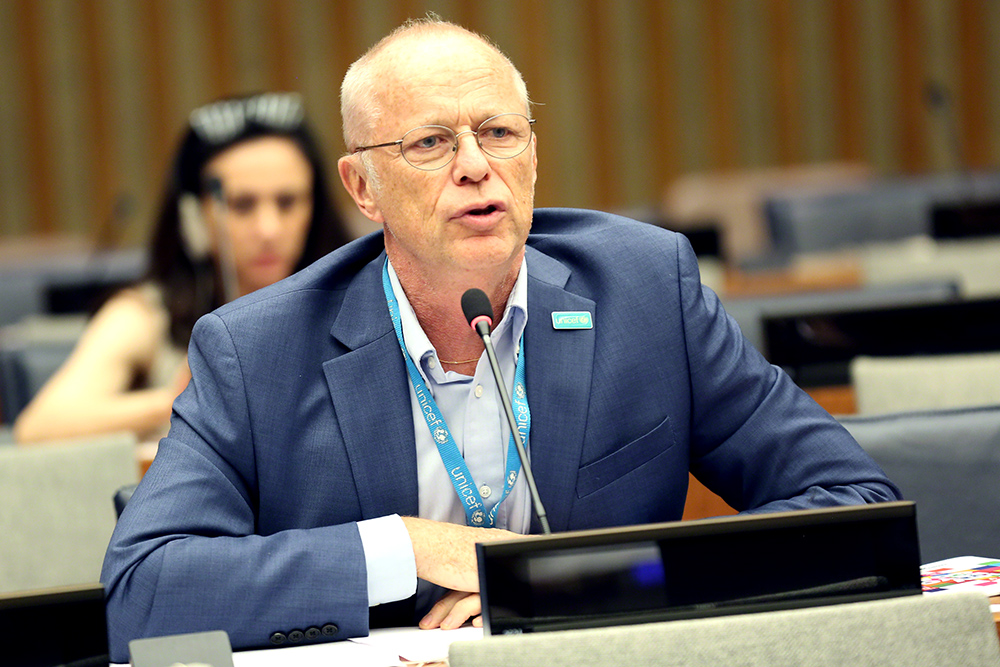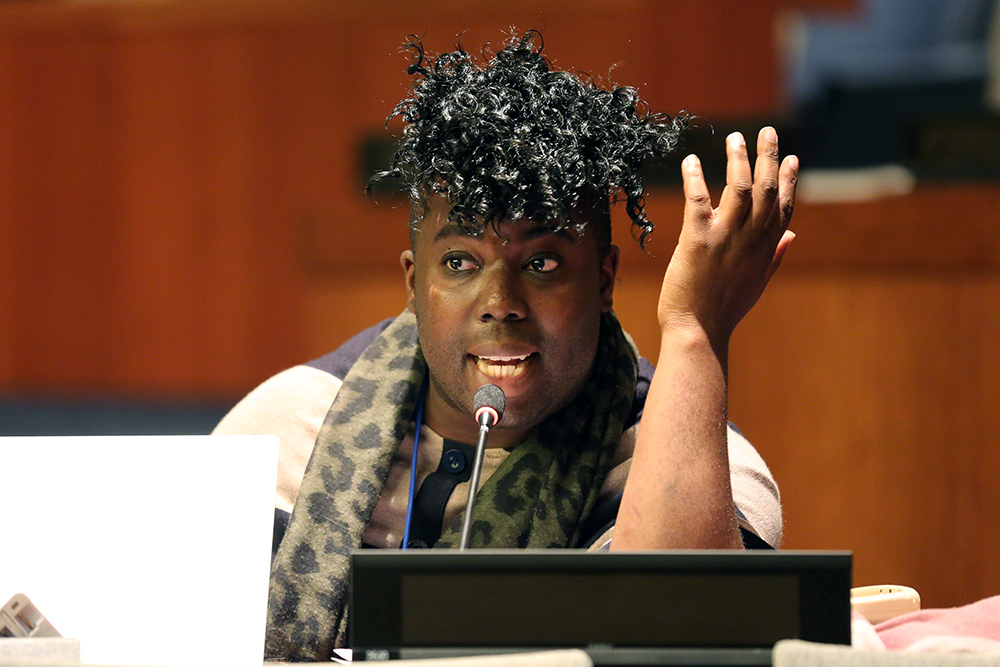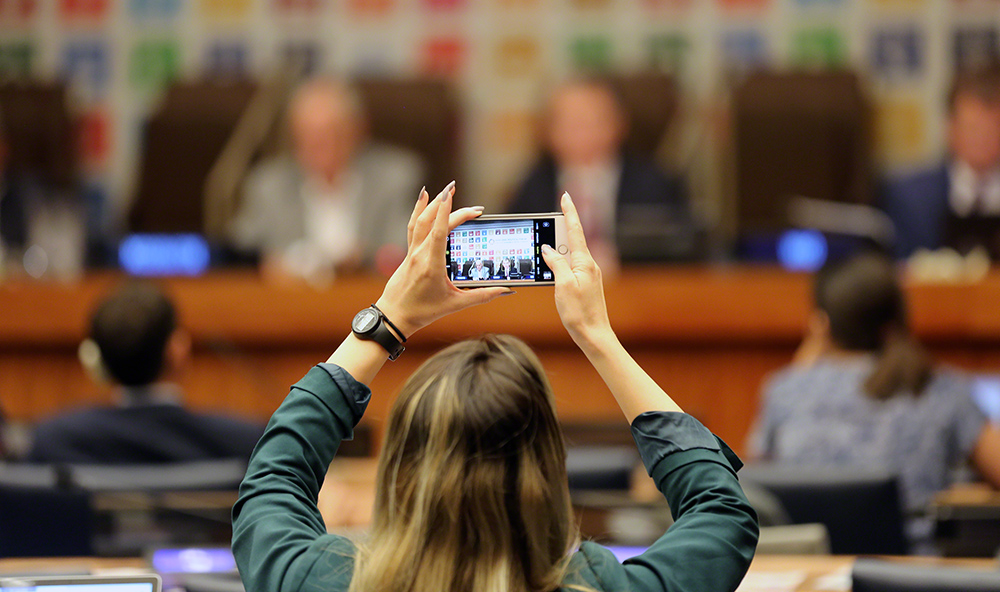Summary
Events Covered on Wednesday, 10 July 2019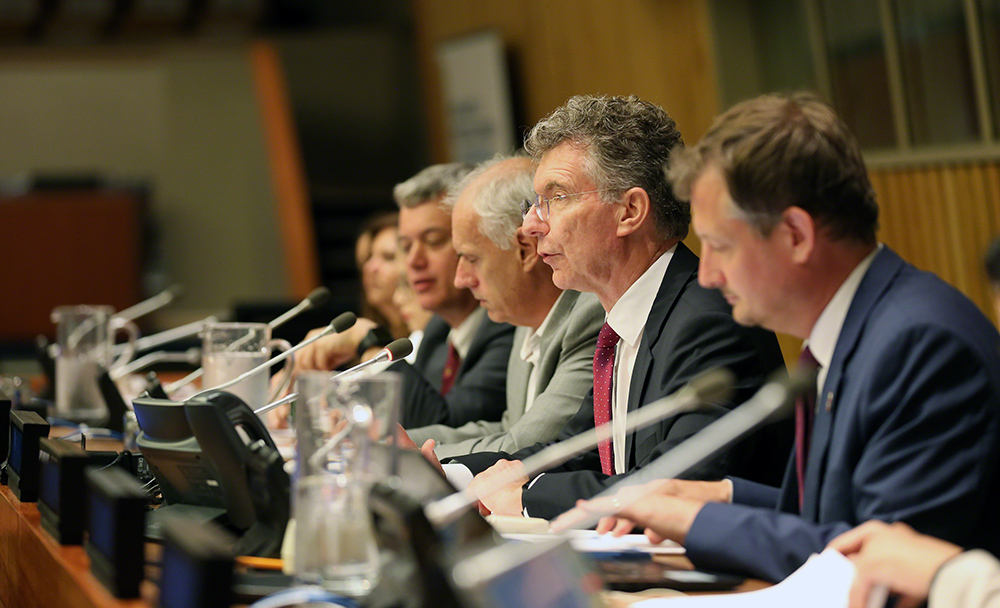
 The following events were covered by IISD Reporting Services on Wednesday, 10 July 2019:
The following events were covered by IISD Reporting Services on Wednesday, 10 July 2019:
Photos by IISD/ENB | Mike Muzurakis
For photo reprint permissions, please follow instructions at our Attribution Regulations for Meeting Photo Usage Page
Converting Fossil Fuel Subsidy Reform into Opportunities for Climate Action
Presented by the Permanent Mission of Switzerland and co-sponsored by Costa Rica, New Zealand, Friends of Fossil Fuel Subsidy Reform (FFFsR), UN Environment (UNEP), and the International Institute for Sustainable Development (IISD) - Global Subsidies Initiative (GSI)
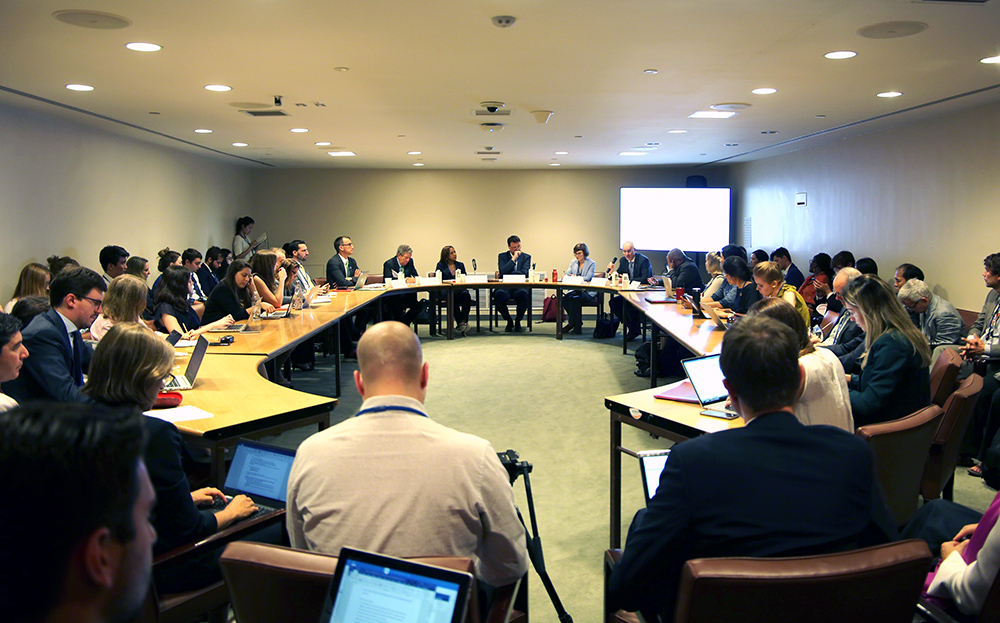
Key messages:
- Fossil Fuel Subsidies (FFS) act as a negative carbon price;
- Removing FFS and/or performing subsidy swaps can significantly reduce greenhouse gas (GHG) emissions;
- Subsidy reform must go hand in hand with social protection; and
- FFS reform can help governments to scale up climate ambition and reallocate savings to support other Sustainable Development Goals (SDGs) focused on poverty reduction, energy access, and responsible production and consumption.
This side event explored FFS reform as the missing piece of the climate change challenge. Aiming at more effective implementation of the Paris Agreement, the event highlighted how FFS contradicts the spirit of a number of SDGs, including SDG3 (Health) and SDG7 (Energy), and explained how their removal may contribute to reach SDG13 (Climate Action) and to achieve the goals of the 2030 Agenda.
Event summary:
Jacques Ducrest, Delegate of the Swiss Federal Council for Sustainable Development, Federal Department of Foreign Affairs, explained that Switzerland is engaged in fossil fuel reform, in order to reduce GHG emissions.
Vanessa Corkal, IISD/GSI, discussed an integrated fiscal model developed to analyze the effects of FFS reform, fuel taxation, and resource reallocation to energy efficiency and renewable energy. Presenting results of her initial analysis, she explained that the effects of FFS reform would contribute to cumulative savings of CO2 of 4.8 Gt from across all 26 countries analyzed.
During a panel discussion titled “Sharing challenges and opportunities of FFS reform in the frame of the Agenda 2030,” Michelle Gyles-McDonnough, UN Executive Office of the Secretary-General, highlighted the world is off-track to achieve the SDGs related to energy, noting that 40% of global energy still comes from coal. She recalled that growing urbanization means higher energy demand and noted the urgency to move from brown to green energy through: providing the economic rational for FFS reform, which already exists, and raising resources to help countries to achieve an effective fossil fuel reform. She emphasized the opportunity for investments in renewable energy and called stakeholders to “tap into drivers of change, demonstrating how things can be done.”
Rodrigo A. Carazo, Permanent Representative of Costa Rica to the UN, said even small countries, need to address subsidies urgently.
Craig Hawke, Permanent Representative of New Zealand to the UN, focused on frameworks that enable fossil fuel subsidy reform, such as the Friends of Fossil Fuel Subsidy Reform (FFFsR). He underscored that subsidies is money lost for education, health and other services, noting the role of the FFFsR is to achieve: stronger political consensus for change, which benefits the SDG7 (renewable energy) and SDG13 (Climate Action), as well as to foster networks to support this reform. He said that public communication on this issue remains ineffective, recommending being “more vocal” about the perverse incentives of fossil fuel subsidies.
Satya Tripathi, Assistant UN Secretary General and Head of UNEP’s New York Office, emphasized that it is necessary to learn from successful cases, such as the one of Costa Rica. He also highlighted examples from India, in particular the Zero Budget Natural Farming method, which is transforming farming and showing that it is possible to decrease the use of chemicals and farmers' debts.
Peter Messerli, Co-Chair, UN Global Sustainable Development Report and University of Bern, said it is critical to think about decarbonization and access to energy to achieve the 2030 Agenda, since they create interactions and benefits for several SDGs. Recognizing opportunities and impediments, he underlined that analyzing co-benefits and trade-offs is essential and noted that the transformation of the energy system needs to be handled with care.
In the ensuing discussion, participants inquired about the methodologies of the presented economic models; synergies with other existing coalitions on climate change; links to the regulations on aviation fuel taxation; countries that are more likely to implement the reforms. Participants agreed that finance and inequalities remain at the core of the problem.
Event conclusions:
Panellists highlighted that next steps to achieve FFSR include: attaining more transparency, especially on producer subsidies; supporting governments to self and peer-review of subsidies; looking at opportunities for subsidy swaps; and considering co-benefits of GHG emissions reduction and including FFSR in second generation Nationally Determined Contributions (NDCs).
Corkall closed the event highlighting the urgency of tackling this problem “now” to facilitate the transition to a decarbonized economy, noting fossil fuel subsidies are a “low hanging fruit.”
Why does it matter:
This side event provided examples of incentives in how to implement fossil fuel subsidy reform with a view to reaching SDGs 3 (health and wellbeing), 7 (affordable and clean energy) and 13 (climate action). The event also demonstrated the wide-ranging positive impact of fossil fuel subsidy reform for climate ambition, while clearly demonstrating the their perverse incentives.
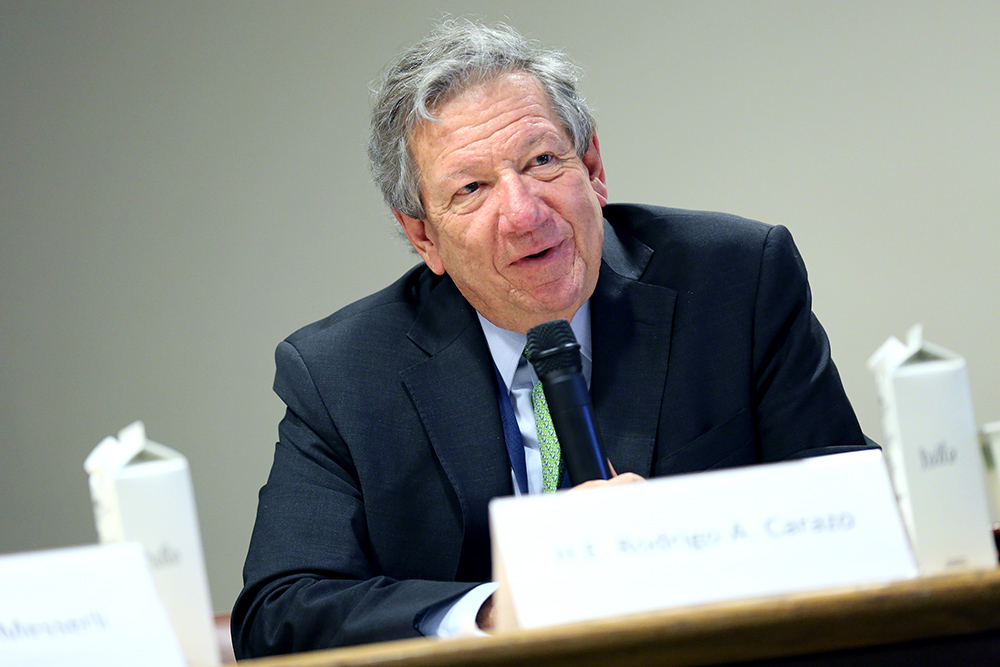
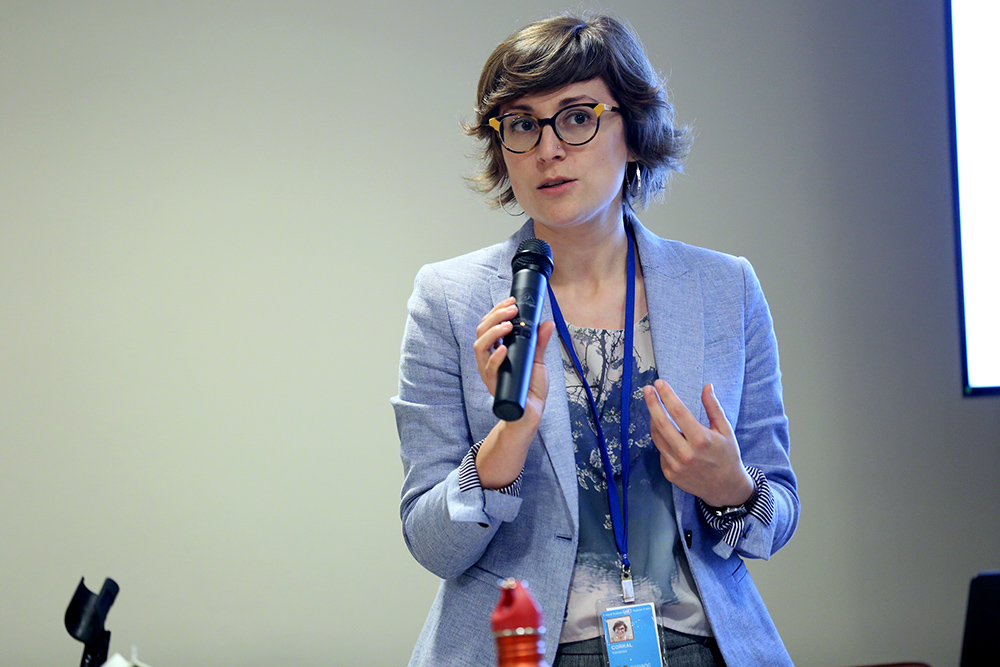
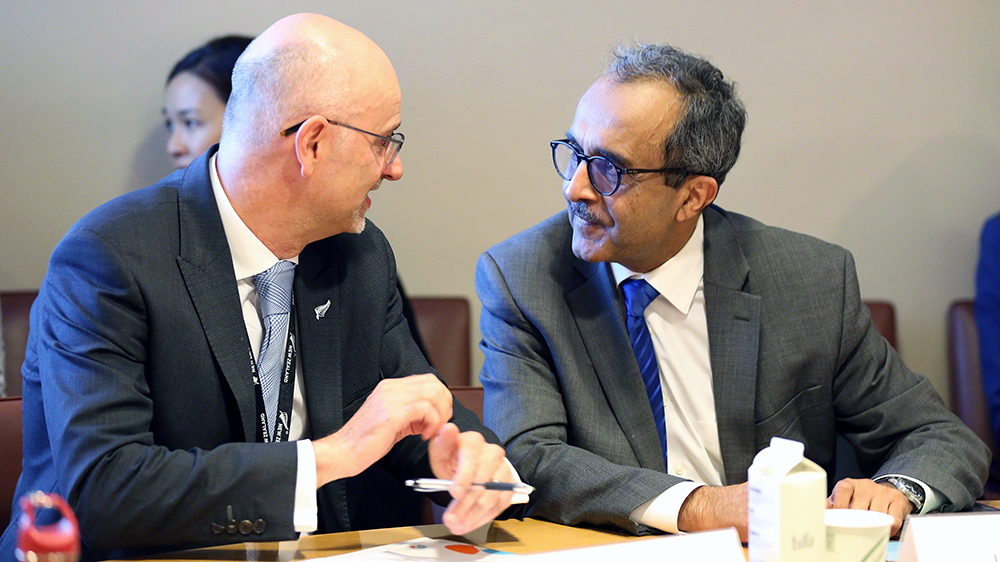
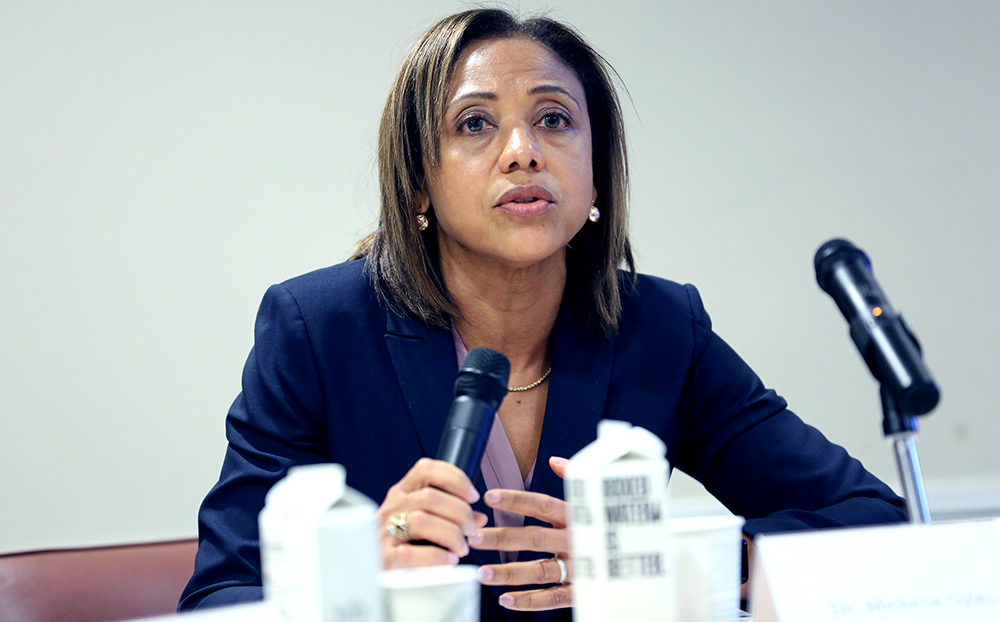
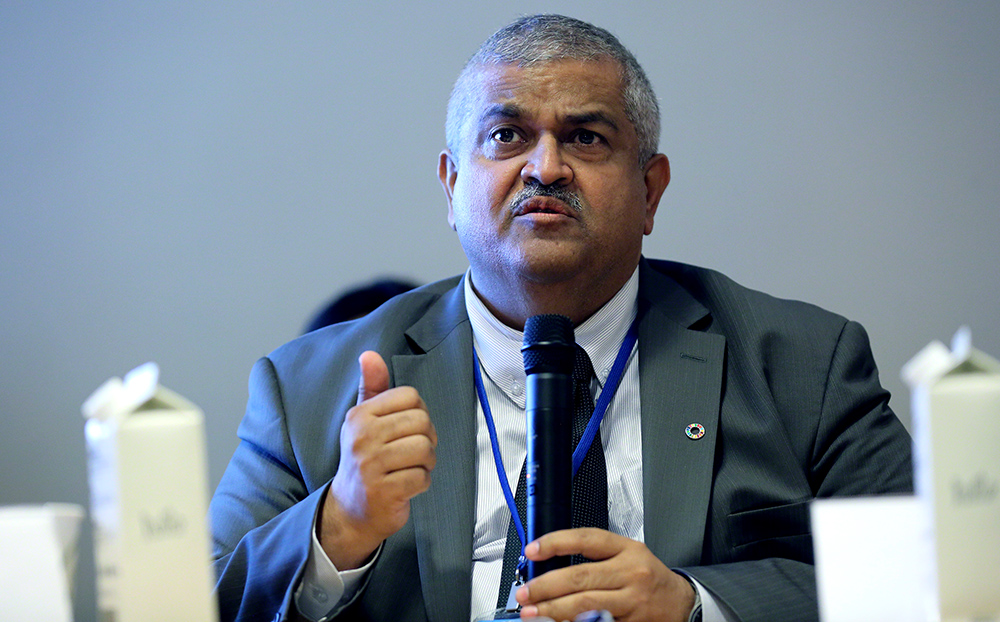
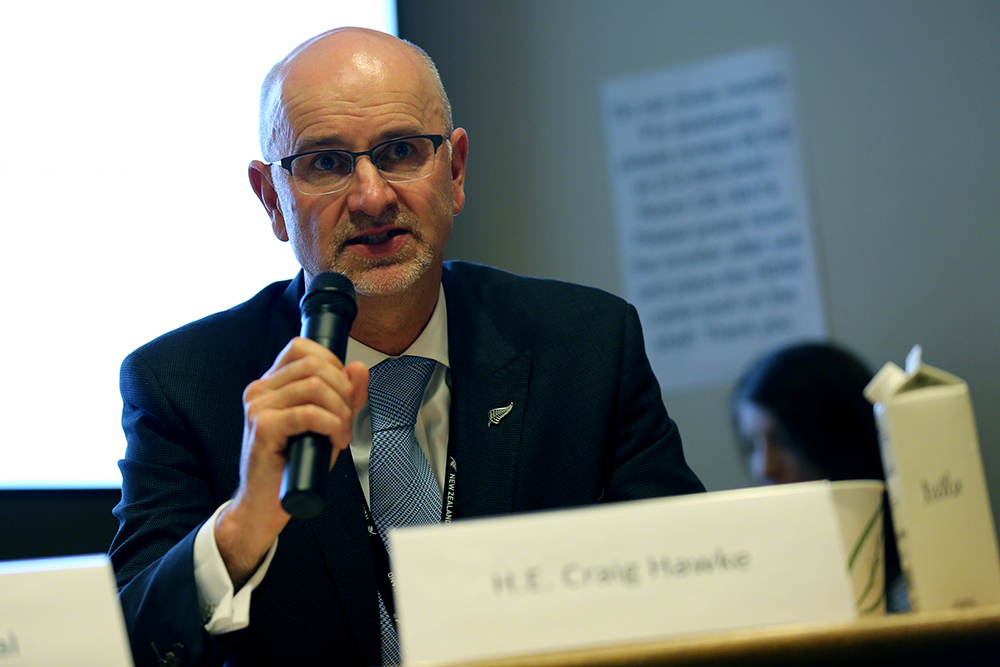
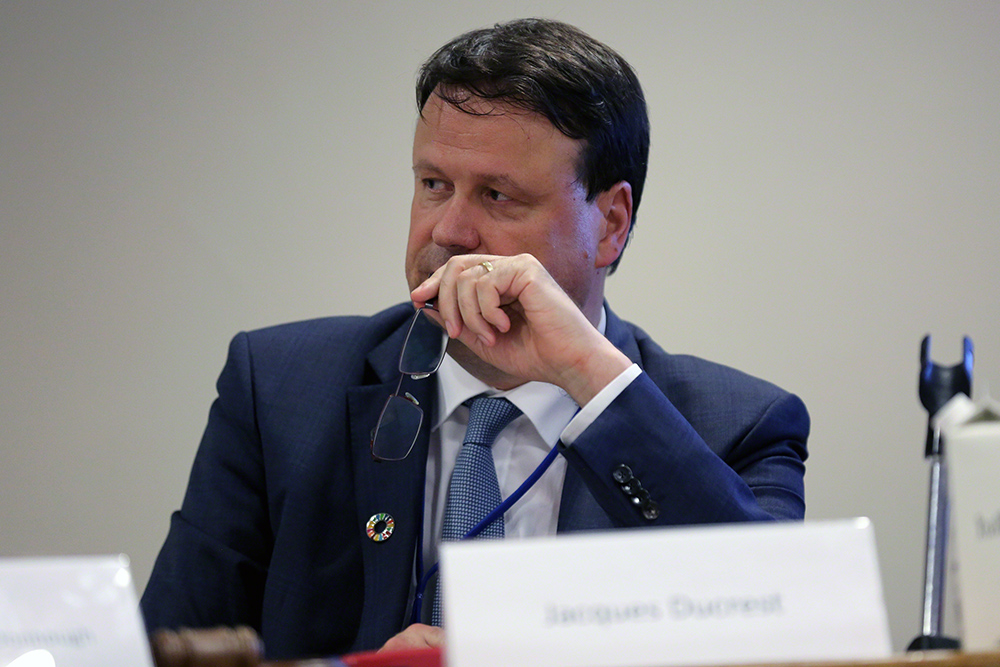
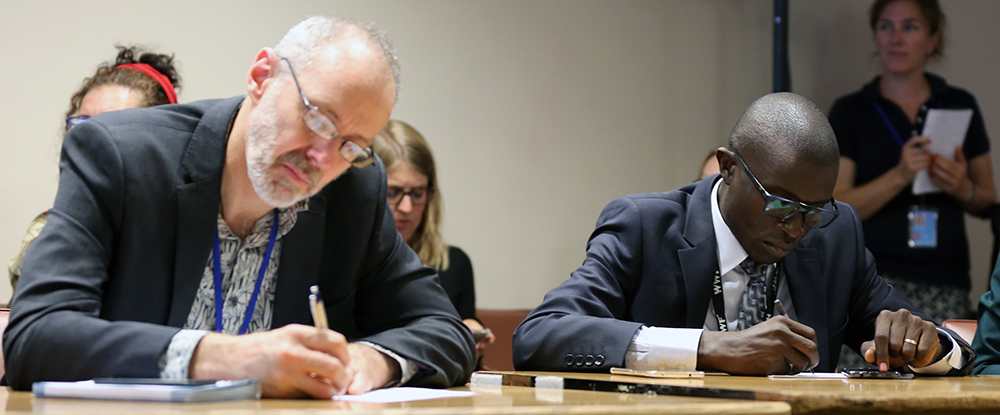
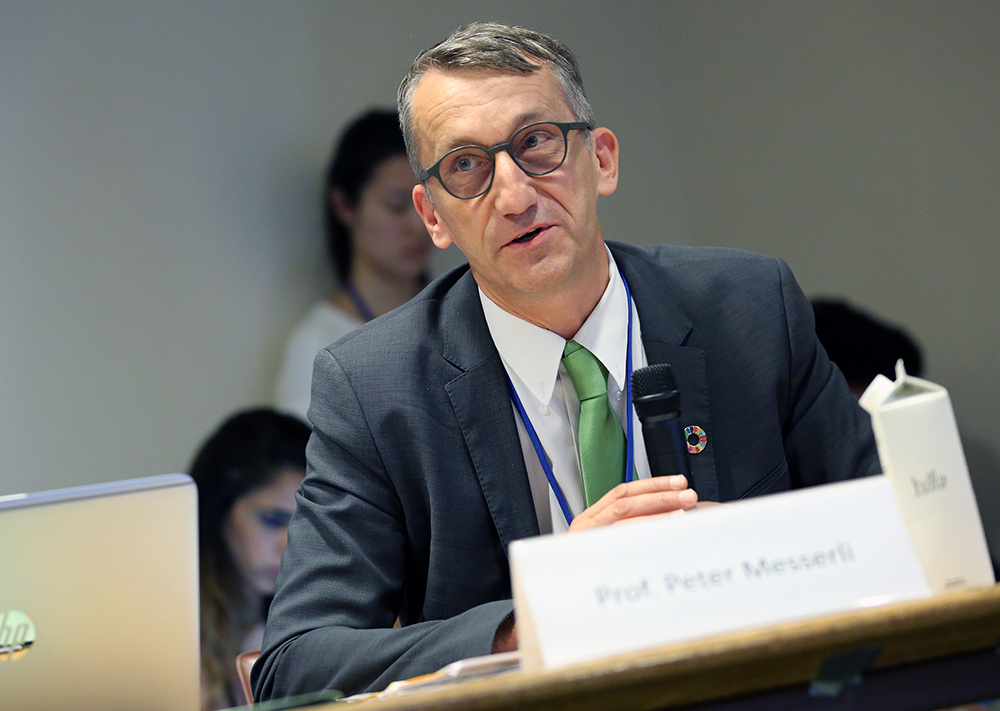
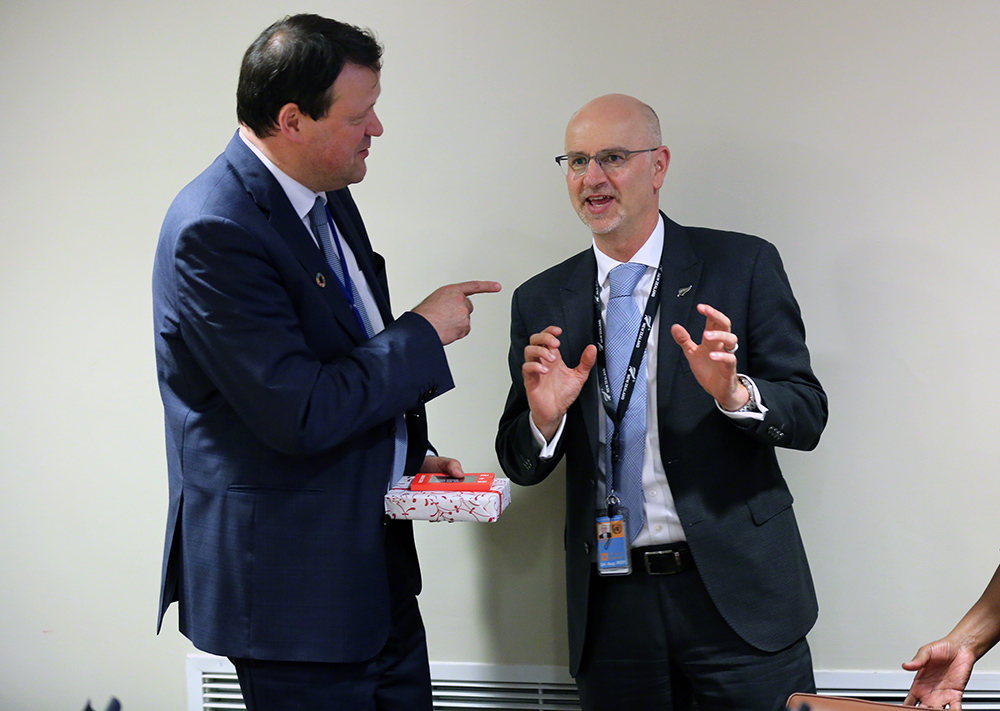
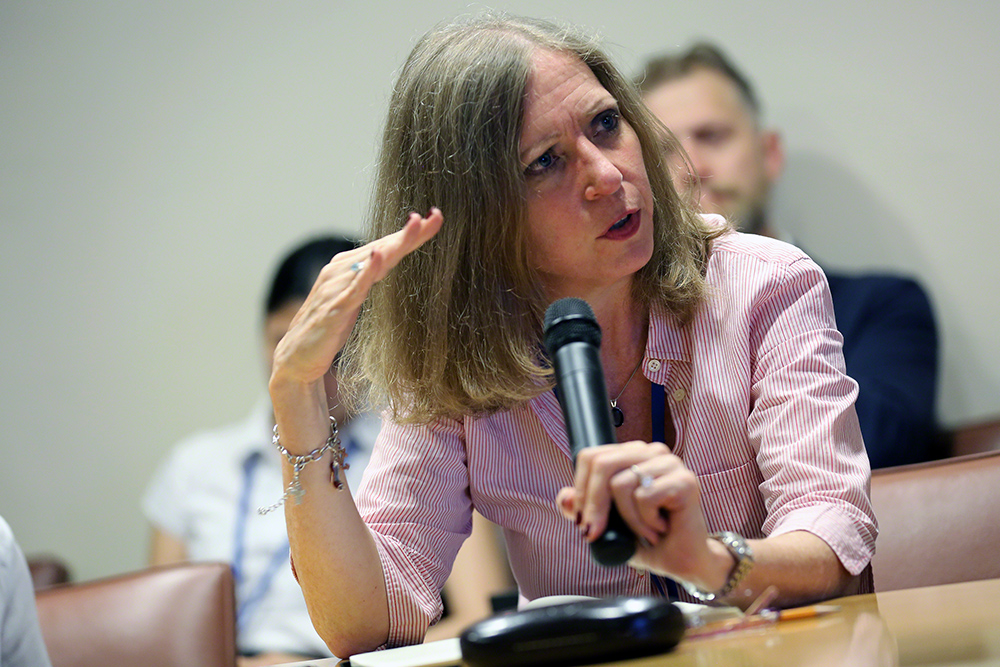
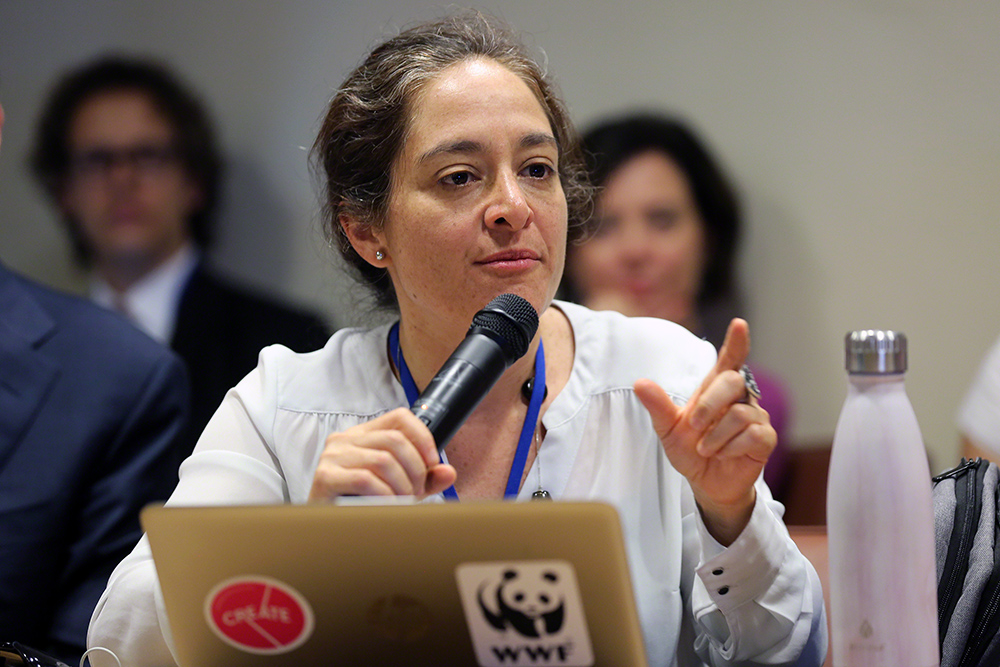
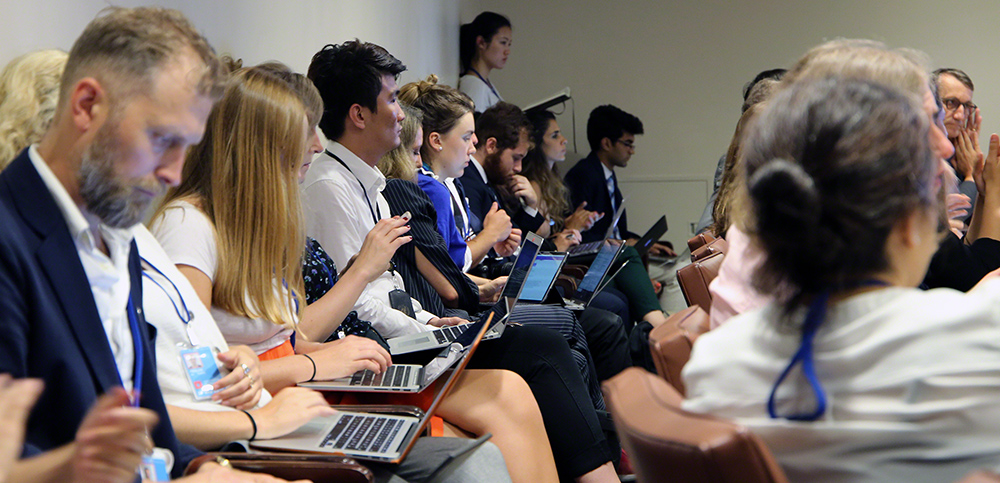
Global Action Plan for Healthy Lives and Well-being for All: A commitment to accelerating together
Presented by the World Health Organization (WHO)
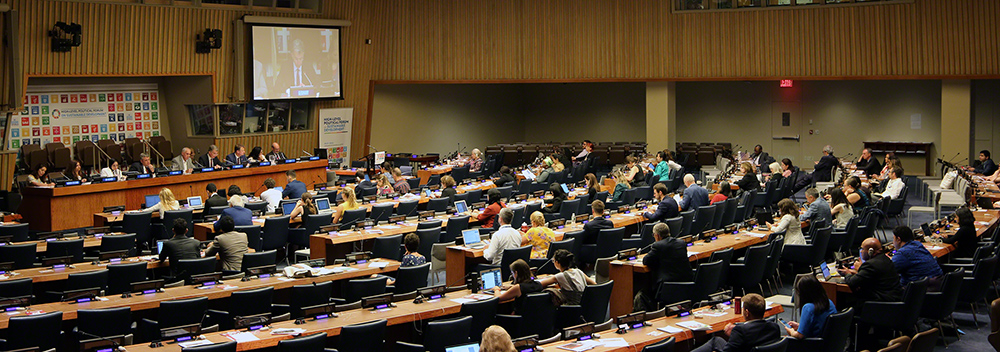
Key messages:
- Countries are off-track to achieve health-related Sustainable Development Goals (SDGs);
- “Align, accelerate and account” are the three strategic approaches organizing the Global Action Plan (GAP) for Healthy Lives and Well-being for All created as a request from Chancellor Angela Merkel of Germany; President Nana Addo Dankwa Akufo-Addo of Ghana; Prime Minister Erna Solberg of Norway with support from UN Secretary-General António Guterres; and
- GAP represents a historic commitment to unite organizations and key stakeholders to respond to the health challenge in a holistic manner.
This side event provided an opportunity for Member States and other stakeholders to learn more about the GAP, while providing feedback and showcasing how acceleration towards the health-related SDG targets can be achieved through coordinated and multi-sectoral actions.
Discussions highlighted the vital role of health as a driver and outcome of sustainable development and raised awareness about the GAP, as an instrument to support countries in accelerating implementation of the 2030 Agenda for Sustainable Development.
Event Summary:
Simon Bland, Director, UNAIDS New York Liaison Office, moderated the first panel “The Global Action Plan for Healthy Lives and Well-being for All.”
Christoph Heusgen, Permanent Representative of Germany to the UN, highlighted good health and well-being are essential for better life for all and sustainable development. He noted significant progress on health in the last years but recalled that actions remain insufficient to ensure that no one is left behind.
Stewart Simonson, Assistant Director-General, WHO’s office at the UN in New York, provided context on the GAP initiative and recalled that, at current rates, countries will miss targets related, for example, to HIV, maternal mortality rates, and tuberculosis. He closed stating that the collaboration is principle-value at the country level and focused on implementation and concluded that GAP is not a plan to develop new policies but a tool to strengthen health care systems.
Hendrik Schmitz Guinote, Secretariat of the GAP for Healthy Lives and Well-being for all at the WHO, highlighted the GAP is country and action focused, while aiming at strengthening collaboration among multilateral health organizations. He shared the broad recognition of the central role of health as precondition, driver, and outcome of sustainable development, stressing “health as a determinant of development.” He suggested that the presentation of the GAP at the UNGA High-level week in September 2019 will help to create a strong link between the Universal Health Coverage (UHC) High-level meeting and the SDG Summit, also in September 2019.
Renne Abbey, Permanent Mission of Ghana to the UN, emphasized Ghana’s commitment to implement the GAP and underlined two focus areas for action: strengthening sustainable financing and primary health care.
Nazneen Damji, UN Women, observed there are numerous pathways to increase women’s quality of life, underscoring the importance of sexual reproductive services and equitable gender norms.
Mandeep Dhaliwal, Director HIV, Health and Development Practice, UN Development Programme (UNDP), said it was vital to acknowledge diversity, going beyond the “men and women” division when talking about gender equality. She noted that environmental determinants are equally important in the health debate, illustrating with the premature deaths of seven million people per year because of air pollution.
Werner Obermeyer, WHO Office at the UN, moderated a second panel “Health in the 2030 Agenda: Accelerating Progress in Countries by looking beyond SDG3.”
Bland underscored the need for more action at the local level, mentioning the importance of empowering community, such as in the case of HIV response.
Hanaa Bouchikhi, Permanent Mission of the Kingdom of Morocco to the UN, noted the importance of the GAP to “avoid double work” of international agencies, recognizing that the implementation of SDGs requires local action.
Courtney Carson, Women Deliver, underlined that gender equality should be mainstreamed, since it touches different aspects of GAP.
Catherine Dammen, Norway, called for greater domestic investments to enhance UHC, noting GAP as a positive tool to reinforce health-related SDGs.
Veronika Bustamante, Permanent Mission of Peru to the UN, emphasized the relationship between climate action and health, observing the need to scale up finance and invest in health care facilities at the local level.
In the ensuing discussions, participants highlighted: health goes beyond health care, meaning that social determinants should not be forgotten; and that community engagement and empowerment are essential to enhance leadership and implementation. The debate also noted that the GAP is not a Member State negotiated document and called for greater engagement of multiple stakeholders, in particular the private sector.
Event conclusions:
The GAP will be launched in September 2019 during the UN General Assembly in New York. Moving forward, interested countries will be able to benefit from joint support from global health organizations when developing and implementing their own country-specific acceleration approaches. A major stocktaking milestone is foreseen in 2023.
Why does it matter:
Given that countries are not on track to achieve the health-related SDGs by 2030, the event is timely since 2019 will see the first Head of State review of Agenda 2030, and the SDGs to take stock of the progress achieved so far. This is aligned with the HLPF 2019 theme “Empowering people and ensuring inclusiveness and equality,” as GAP represents a tool to synergize the work of the WHO with achieving the SDGs. The GAP accelerates action to protect people’s health and reducing inefficiencies through, for example, collaborating and harmonizing processes, such as for financing and procurement and strengthening provision of essential global public goods for health.
